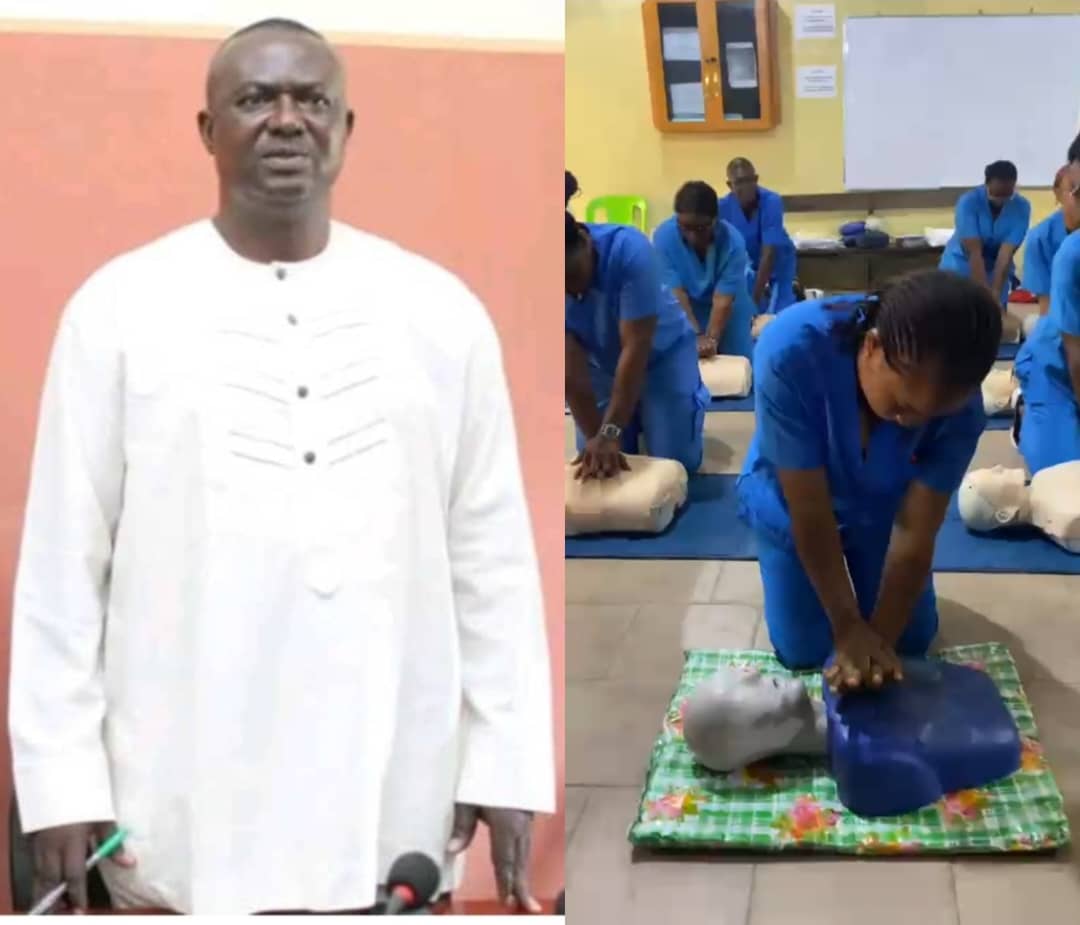Former Health Minister and immediate past President of the Nigeria Academy of Pharmacy, Prince Julius Adelusi-Adeluyi, has ignited a passionate call for Nigeria to re-industrialise, attain self-sufficiency in drug production, and regain its position as a global economic powerhouse.
Giving the wake-up call in Lagos at the unveiling of a book titled: “The Pharmaceutical Industry and Drug Production in Nigeria,” which addresses Nigeria’s drug manufacturing crisis, Adelusi-Adeluyi emphasised that pharmacists have the expertise to make a difference and must take the lead in reviving the industry.
He said many nations control African countries because they hold economic power, even as he praised the book for offering a clear plan to boost local drug production and noted that over 70 percent of the drugs used in Nigeria are imported.
“The golden rule in business is that he who has the gold dictates the rules. That’s why many nations are dictating to African countries. Here’s a book written in a refreshing, determined, challenging way. It makes sense to go back to industrialisation.
“Nigeria must re-enter the industrialisation circuit, if we don’t go the industrialisation way, we’ll find that whether they create the fifth or sixth world, we’ll still be in the sixth world,” he cautioned, even as he praised the book for presenting a road map for enhanced local drug production.
“Over 70 percent of drugs consumed locally are imported, where is that going to take us, that’s why this book is relevant, and we have to support it, you believe in it, then ideas become more interesting.
“Pharmacists, as experts in the field, must play a pivotal role in driving the industrial revival. Pharmacists have a solution, we have the knowledge, the skills, and the resources to revitalise our pharmaceutical industry. Industrialisation is it, and this book should urge us to participate and the pharmacists have to take care of arrangements to go back into the industry,” he avowed.
Describing the book as a vital tool to inspire pharmacists and policymakers to tackle challenges and champion local production, the former Minister observed that the Nigerian pharma industry, with its over 130 manufacturing units, has made significant progress, however, it must strive to reach the heights of India, with its 3,000 drug companies and 10,000 manufacturing units.
On his part, a former President of the Pharmaceutical Society of Nigeria, PSN, Pharm. Ahmed Ibrahim Yakasai, who authored the book, also also advocated for innovation and growth in local drug manufacturing.
Yakasai, who is the Founder/CEO of Pharmaplus Nigeria Limited, said that he was inspired by the late Chief of Staff to former President Muhammadu Buhari, Abba Kyari, to develop a comprehensive strategy to strengthen Nigeria’s pharmaceutical industry and achieve self-sufficiency in drug production.
“Let us start a new drive of local manufacturing. We need to take local manufacturing to a higher level than it is currently. I urge young pharmacists, industry leaders, and policymakers to join me in driving innovation and growth in our pharmaceutical sector. Together, we can ignite a new era of development,” he admonished.
Noting that all proceeds from the book launch up to an estimated N500 million would be advancing the education of the girl child in his home town in Kano State, Yakasai commended the Nigerian Sovereign Investment Authority’s investment in the pharmaceutical sector, saying it is a significant step towards achieving self-sufficiency in drug production, that would have a profound impact on the nation’s health and economy.
In a review, the President of the Nigeria Academy of Science, Prof. Lere Baale, said the book provides a detailed historical overview of Nigeria’s pharmaceutical industry, tracing its evolution from the colonial era to the present day, highlighting key milestones and the contributions of indigenous pharmaceutical companies.
Baale, who is the CEO of Business School Netherlands International, said, ” One of the book’s core themes is the shift from dependence on imported drugs to local manufacturing, emphasising the need for Nigeria to build its capacity in drug production. On the strengths of the book, Baale described it as well-researched.
“The book is grounded in extensive research, supported by data, historical records, and policy documents. Yakasai’s thorough understanding of the industry’s history and current dynamics adds credibility to his analysis.”
Further, he stated that it emphasises the importance of shifting from reliance on imported drugs to local manufacturing and explores government initiatives and private sector efforts aimed at boosting local drug production and reducing dependence on foreign sources.
SOURCE: VANGUARD NEWSPAPER




